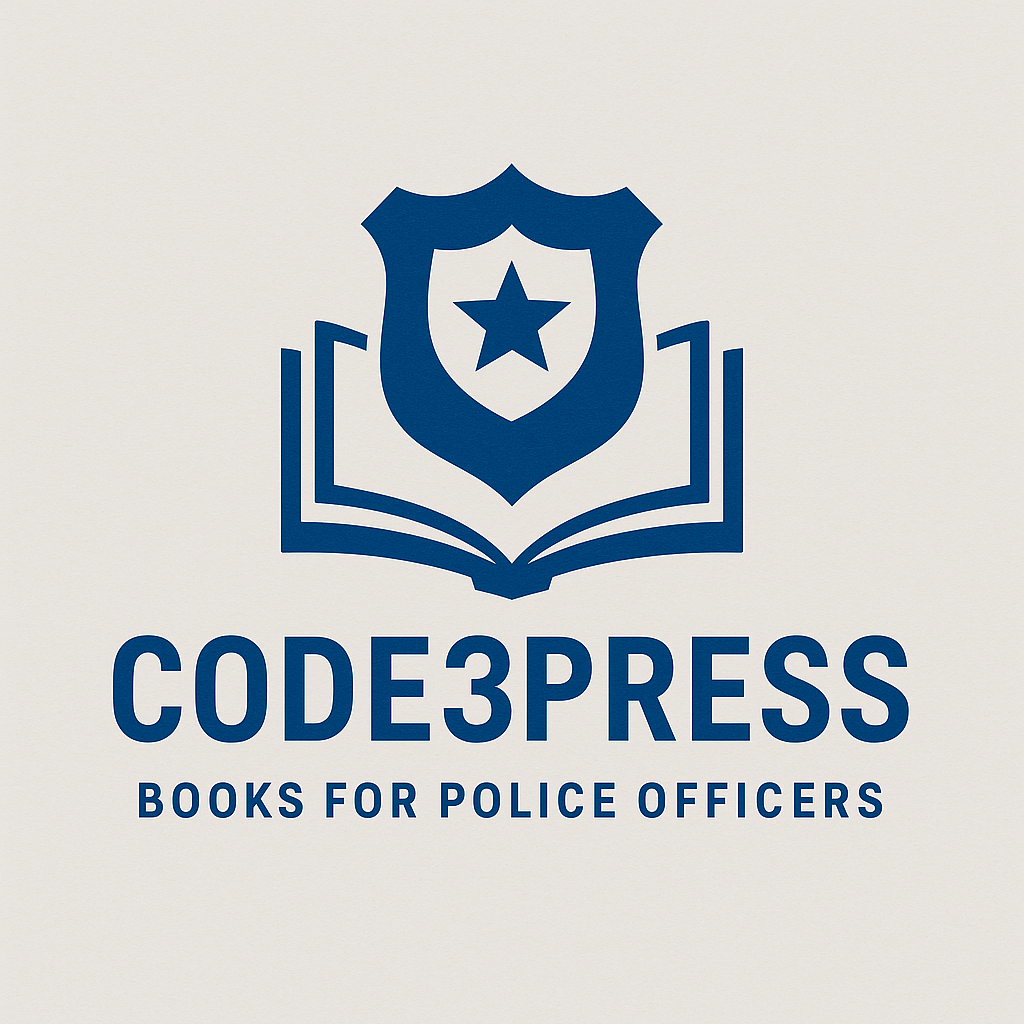Understanding Your 10(a) and 10(b) Rights: Why They Matter in Policing
When it comes to Canadian policing, a strong working knowledge of the Charter of Rights and Freedoms isn’t just for lawyers and judges—it’s essential for every officer on the street. Among the most critical sections officers must apply daily are section 10(a) and 10(b) of the Charter, which protect the rights of individuals upon arrest or detention. These rights form the foundation of fair policing and lawful investigations, and knowing how to apply them properly can be the difference between a solid case and one that falls apart in court.
What Do 10(a) and 10(b) Actually Say?
Section 10(a): Everyone has the right to be informed promptly of the reasons for their arrest or detention.
Section 10(b): Everyone has the right to retain and instruct counsel without delay, and to be informed of that right.
In plain language? If you detain or arrest someone, you must:
Tell them why they are being stopped, arrested, or held.
Tell them about their right to a lawyer and give them the opportunity to contact one without delay.
It sounds straightforward, but in the fast-paced, high-pressure environment of policing, this is an area where mistakes can happen. And mistakes here aren’t minor—they can lead to Charter breaches, lost evidence, and cases being thrown out.
Why These Rights Matter
1. Protecting the Integrity of the Investigation
Charter breaches are one of the fastest ways evidence can get excluded under section 24(2). If an accused person isn’t told why they’re being arrested, or they aren’t given a chance to speak to counsel, defence counsel will challenge the admissibility of statements, confessions, and even physical evidence. A technically solid case can crumble if these rights aren’t respected.
2. Building Public Trust
Every police interaction is a chance to either strengthen or weaken public trust. Explaining to someone why they’re being stopped—even if they’re upset—shows professionalism and fairness. A person may not like being arrested, but they’ll know it was done by the book.
3. Clarity in the Field
Police work thrives on clarity. By practicing clear, consistent 10(a) and 10(b) language, officers avoid confusion, complaints, and credibility issues in court. When testimony rolls around, you want to be able to confidently say, “I informed the accused they were under arrest for theft under $5000, and I advised them of their right to counsel.”
Practical Application for Officers
So how does this play out in the real world?
Traffic stop escalating to detention: If a driver matches the description of a robbery suspect, once the stop becomes investigative detention, you must tell them why. “You are being detained because you match the description of a suspect in a robbery.”
Arrest for assault: Upon cuffing, immediately explain the reason. “You are under arrest for assault.” Follow quickly with the right to counsel caution.
Youth arrests: Be extra clear. Courts scrutinize youth rights even more closely. If it looks like the youth didn’t understand their right to counsel, the case can be at risk.
These aren’t just words—they’re checkpoints that protect the officer, the investigation, and the integrity of Canadian policing.
Case Law Reminders
Canadian courts have been crystal clear: vague statements like “you’re under arrest” aren’t enough. You must articulate the specific reason. Likewise, when advising of the right to counsel, you must make sure the person actually understands. In some situations, this means rephrasing, slowing down, or offering access to duty counsel in their language.
Cases like R. v. Suberu (2009) emphasize that the right to counsel must be provided “without delay,” not “when convenient.” R. v. Mann (2004) outlines the standards for investigative detention, where 10(a) rights come into play even before arrest. These rulings guide officers on how to stay within Charter limits while still doing effective policing.
The Bottom Line
Sections 10(a) and 10(b) of the Charter aren’t just technical hurdles—they’re guardrails that keep Canadian policing lawful, fair, and professional. For officers, mastering them isn’t optional. It’s what separates a good arrest from a bad one, a sustainable charge from a tossed case, and professional policing from Charter violations.
So the next time you find yourself detaining or arresting someone, remember: your words matter as much as your actions. Clear, timely communication of 10(a) and 10(b) rights is one of the simplest—and most powerful—tools you have to uphold justice in Canada.
